Greece is a hub for asylum seekers who want to live in Western Europe. Yet almost all travelers who come here are horrified by the conditions they face. Their stories are full of fear, suffering, and even death.
When I came to Greece, I saw the situation for myself. It was as serious as I imagined. It involved unemployment, prostitution, drug abuse, illness, and constant struggle.
Before leaving for Athens, I asked a human trafficker in northern France to introduce me to someone trustworthy. “All human traffickers are dangerous, though some less so than others,” he said. “Go to Omonoia Square and you’ll find out everything for yourself.”
I decided to do as he said. After I arrived, however, I first visited Monastiraki Square. It was full of immigrants drinking beer. Some would break their bottles and create noise and disruption, while others stood alone in the corner. At one point a group of African street performers turned up and sang songs in French about loneliness and homelessness.
In the square I met an Iranian singer called Darius, who had a warm voice and sang in Persian. I started a conversation with him.
Darius, an asylum seeker who now lives in Germany, met the reporter in an Athens square.
Like many others, Darius began his trip on foot from Iran and made his way to Turkey. He then continued his journey by sea to Greece. There, he and 70 other travelers became stranded in the countryside until the police found and arrested them.
After a few months in prison, he was transferred to a refugee camp.
“Just browse around the city and you’ll see many Iranians,” he told me. He was sick of the camp, he said. He took off his shoes and showed me an infection on his foot. He had paid a human trafficker €4,000 (US$4,574) for a flight to Germany, and hoped to leave soon.
The last night I was in Greece, I received a photo of Darius in Germany. He had finally made it.
Mire of Bureaucracy
After meeting Darius, I spent my time wandering the streets of Athens, from early morning to late at night. I wanted to experience the world of refugees for myself. It was a world of violence, loneliness, and pain. The government was weak and could do little to help.
Even in the tourist neighborhoods of Athens there are many people living on the streets. The winter is a particularly dangerous time for them. Without adequate shelter, many people are at risk of falling sick or dying from the cold.
Many asylum seekers from different countries sleep in front of refugee camps in the hope of being allowed in. Some have children who were born during the journey. However, if an unregistered refugee enters a camp, they cannot benefit from the food and clothing provided.
Asylum seekers in front of a refugee camp waiting to get in.
Elaionas camp, the only refugee camp inside Athens.
I visited several refugee hotspots during my stay in Greece, including Omonoia and Victoria squares, Alexandra Park, and several refugee camps around the country. All demonstrated how poorly the Greek government was managing the refugees’ affairs.
In all these places, Iranians with a dream to reach Europe were stuck in the mire of Greek bureaucracy. All they could do was wait and hope that one day they would escape.
If these people got caught by the border patrols, they would go to prison for up to three months. This would be the case regardless of their means of entry. The prisons often had no sanitary or medical equipment, and inmates had little idea of the length of their detention.
Many refugees told stories about sick people who died in these prisons, from children to the elderly. But nobody has ever been held accountable.
After being released from prison they would be sent to a refugee camp, which was sometimes worse. They would also be given an identity card from the police. This showed the date they entered the country and the time of the interview when they presented their case for asylum.
Before the summer of 2018, Greece was not a part of the Dublin Regulation and it was not important for refugees to be formally registered. But now the country has signed up to the rule, so refugees will always be deported back to Greece if they were first fingerprinted here.
Sex Work and Drug Abuse
Among refugees in Greece, there is a common belief that they will have to stay here for at least six months. If they can bear six months in Greece, they say, they can live anywhere.
Complaints from Iranians are common, especially among those who spend much of their time drunk or high. Greece has turned into a giant prison for asylum seekers, they say. They have surrendered their lives to human traffickers who believe in nothing but money.
One of the brothels ("houses with lamps") in Athens: a common source of income for both male and female refugees.
My contact in Athens took me to an Afghan restaurant in Victoria Square. The contact told the woman behind the counter that he had a client for the trafficker. Most of the businesses in this area are involved in the industry of human trafficking.
Sami’s Bar, Athens, where male refugees are paid €5-10 (US$6-11) per hour to sleep with old Greek men.
We sat at table and ordered food while we waited. Eventually, the trafficker joined us. He was a thin man with small eyes and wore a sports jersey. He told me he charges €4,000 (US$4,574) for a flight. It was a nerve-racking situation. If he realized I was not truly a client, it could cause problems for both my contact and myself. But fortunately, he remained unaware.
During my free time in Athens, I would visit popular refugee hangouts and sit patiently in the corner. It would not take long for dealers and traffickers to approach me and offer their services, believing me to be an asylum seeker.
These people operate all across the city, but the government does little to stop them.
Victoria Park, Athens: a hotspot for Iranian and Afghan asylum seekers.
Victoria Park, a haven for asylum seekers, after nightfall.
Most of the asylum seekers spend at least a few months in Greece. Converting Iranian currency to Euros is expensive, and many people either run out of money or lose it to traffickers and con-artists. They are therefore forced to find jobs in a country with serious economic problems, where many of its own citizens are unemployed.
One of the most common ways asylum seekers make money is through prostitution. There are places in Athens dedicated to sex workers, and refugees can sell their services for €10 or €20 (US$11.50 or US$23) per hour. These houses don’t discriminate and accept both men and women.
At night I often heard refugees discussing the gay bars that operate in the city. One of these was Sami’s Bar, which accepts male refugees and pays them €5-10 (US$6-11) per hour to sleep with old Greek men. I visited the bar and discovered a room with red walls and glass chandeliers. It was full of old men drinking and searching for partners for the night.
No Money and No Hope
The bar manager was a tall Iranian man who was himself an asylum seeker. He had been stuck here for 14 years and had not even received his residency papers. His dream destination was Japan, but he got stranded in Athens after registering with the Greek police.
Nowadays, asylum cases are managed by the immigration office, but previously the police were in charge. The bureaucratic changes to the system have made the situation worse for previous applicants, and many now have no hope of leaving.
At a refugee camp, I met residents who were fresh off the boat as well as some who had been there for more than two years. They told me their stories. What all their accounts had in common was their lack of awareness of the consequences of the path they were taking.
They would ask me what awaited them further on in their journey and I described the circumstances of refugees in different countries as well as I could. But my explanations would often make them feel sad or shocked. Some even regretted leaving home in the first place.
Life was extremely hard for them. Many did not have a place to sleep and were forced to live on the streets or in parks beside drug addicts. Some of them said they had been chased by addicts with syringes. This could explain why some had got infected with Hepatitis C.
Although some refugees had identity cards from Doctors without Borders, it was almost impossible for them to access medical assistance.
Meanwhile, the Greek government receives funds from the European Union to take care of asylum seekers. In the summer of 2018, the fund was even increased to improve the refugees’ status. Yet there has been no change so far and they are yet to see the money.
Asylum seekers registered in Greece are reportedly entitled to €150 (US$172) per month, which is given to them in the form of a debit card. But many of the applicants have been here for months without receiving their cards, and there is nowhere to complain.
While refugees are allowed to work in Greece, few jobs are available in the current economic climate. Without a job, they cannot open a bank account. This may explain why so many turn to drug use. The most widely available drug in camps is cannabis, which is sold for €5 (US$6) a bag.
Iranian asylum seekers complain about not receiving their debit cards.
Iranian asylum seekers complain about the Greek government’s lack of accountability.
There are also frequent fights at night, both in the camps and on the streets. Iranians often become embroiled in conflicts between Afghans, Arabs, and Africans. Iranian refugees are a minority compared to these groups and are forced to engage in these disputes to protect their food, clothes, and other possessions.
A fight between refugees on a street in Athens.
This situation has prompted many asylum seekers to take refuge in an Athens district called Exarcheia, controlled by the anarchists. Asylum seekers are permitted to live here if they work alongside the anarchists and fight the police and fascists. These conflicts often turn violent.
Fleeing by Air, Land, and Sea
Iranian refugees try many different routes to leave Greece. Many choose flights, some go via the sea, and others are compelled to take their chances overland. If they have enough money they will take the first option. They pay a human trafficker a fee to provide identity papers, passports, and the plane ticket.
There are two types of passport available: forged or stolen. The former is a fake document with the client’s photo on it. The latter is a real passport given to the client without any manipulation because the client looks like the real passport holder.
It is easy to be caught out, however. Factors like being anxious, avoiding eye contact, and even how refugee dresses can expose them. Athens police also have tight security measures in the airport to detect illegal travelers. If they are caught, they will be fingerprinted and released after a few hours. If they were already fingerprinted, they will be released immediately.
Police monitoring travelers at Athens International Airport.
The situation is different in other Greek cities and on the islands. If refugees get caught fleeing those places, the court will ban them from leaving and they will be sent to prison or a camp.
Airplanes are not the only means for leaving the country. Travelers with less money are forced to travel by more dangerous routes, such as through the mountains towards Macedonia, Albania, Serbia, and Croatia.
Those who get caught on country borders are often beaten or mistreated by border agents. Many are deported back to Greece. Some even get raped, kidnapped or robbed.
A final option is to leave via the sea. To do so, refugees must travel to the port and board a truck that is traveling on a ship to Italy. They must either hide inside the load or take cover beneath the trailer, which is very dangerous.
These trailers have different loads, from watermelon to tires, and refugees are forced to hide in cramped conditions for hours to evade the police. New security methods, such as X-rays and trained dogs, have made it even harder for refugees trying to escape this way.
Life for asylum seekers in Greece is far darker and more challenging than this report suggests. This is just a snapshot. The situation in the islands is even worse than in Athens, and many people stuck there have no way to leave.
These people left their homes behind in hope of a better life with more freedom and opportunity. Yet what they have found is a world of suffering and pain. Nobody supports or assists them in this immensely difficult journey. All they have is their courage – and their dreams.
Read other articles in this series:
Iranian Refugee Rights Activist Faces Long Prison Sentence in Greece, January 28, 2019
From Asylum Seeking to Asylum Dealing, January 23, 2019
A Lost Life: Why was Pedram Safari Left to Freeze to Death?, January 21, 2019
Through A Child’s Eyes: Crossing from Iran to Turkey, January 14, 2019
visit the accountability section
In this section of Iran Wire, you can contact the officials and launch your campaign for various problems




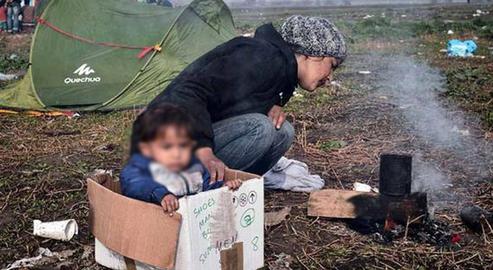
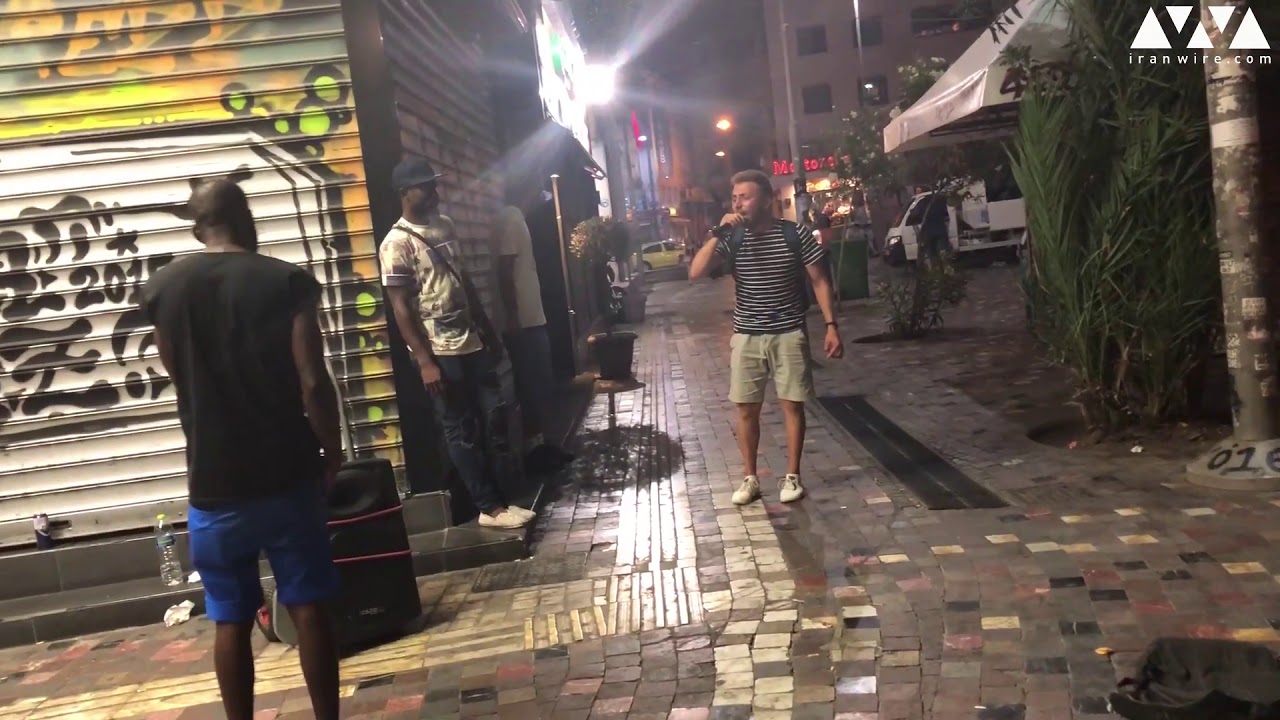
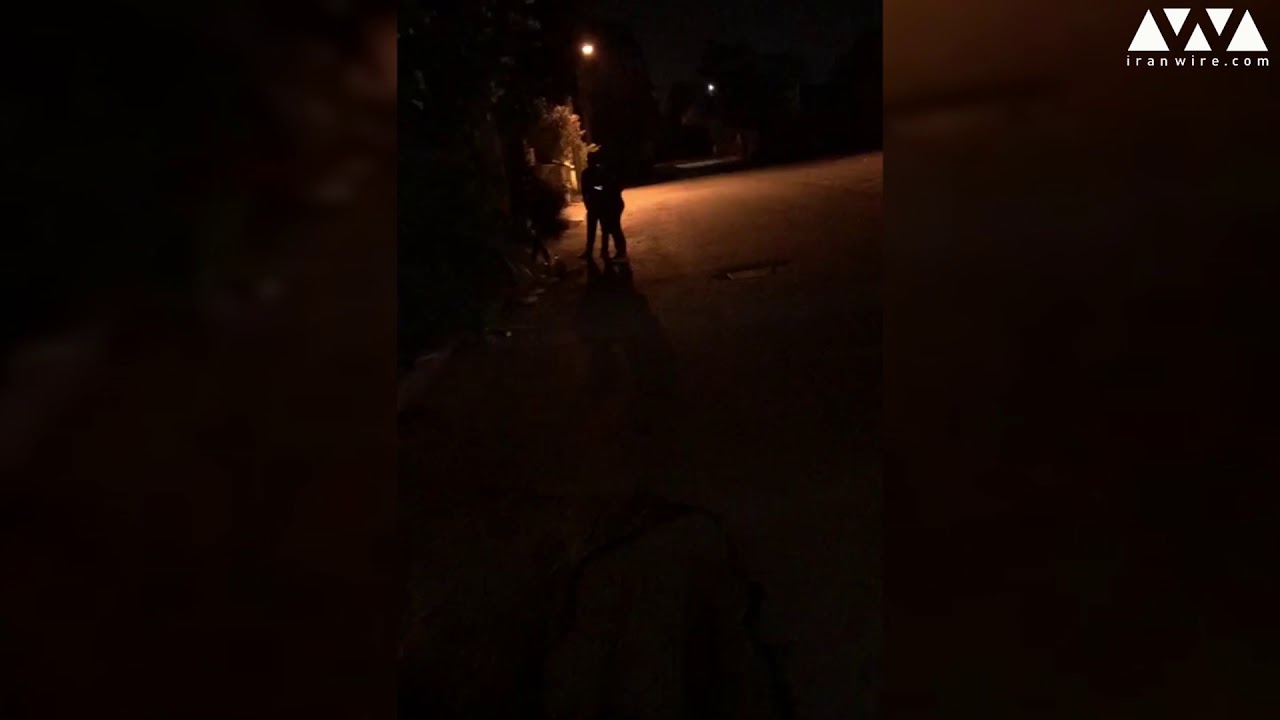
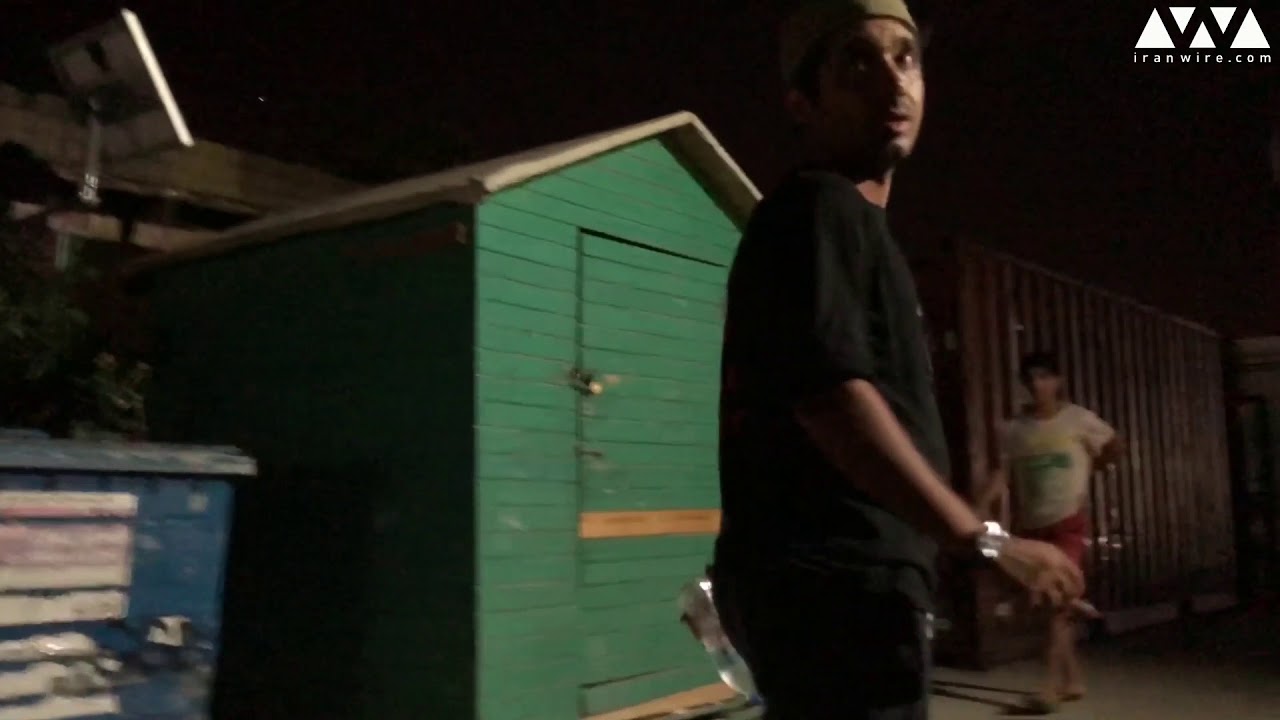
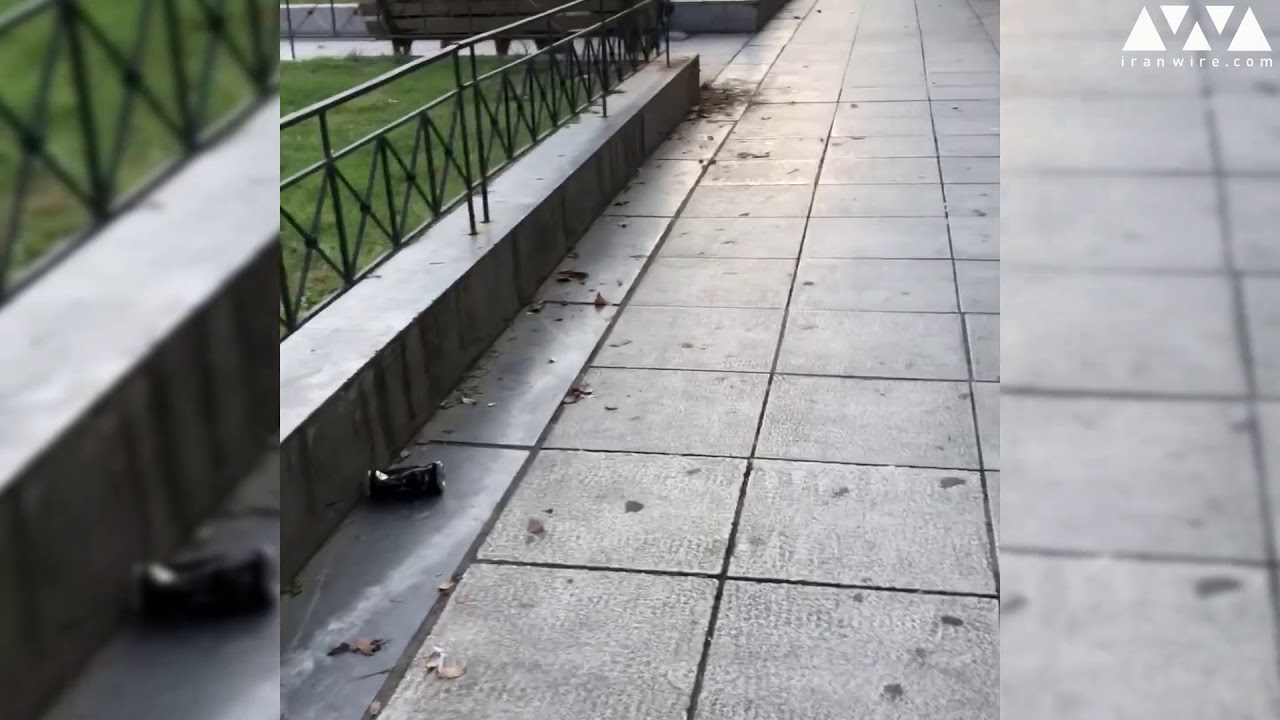
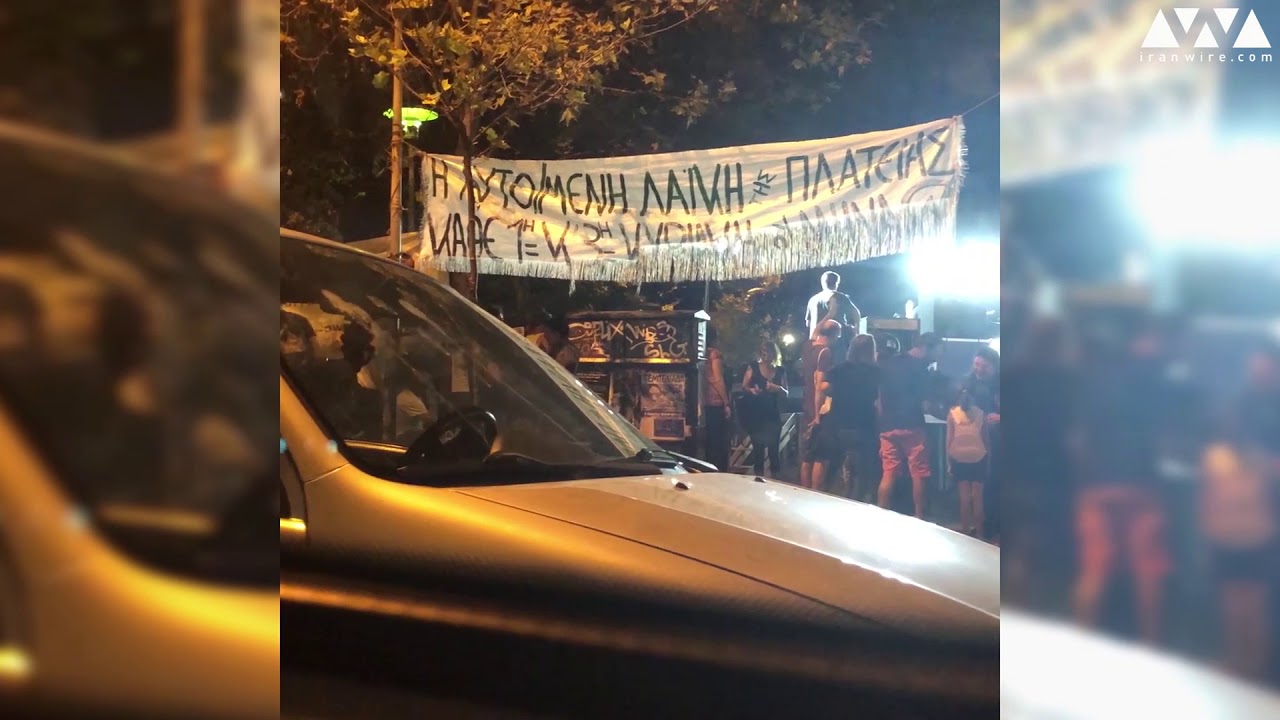
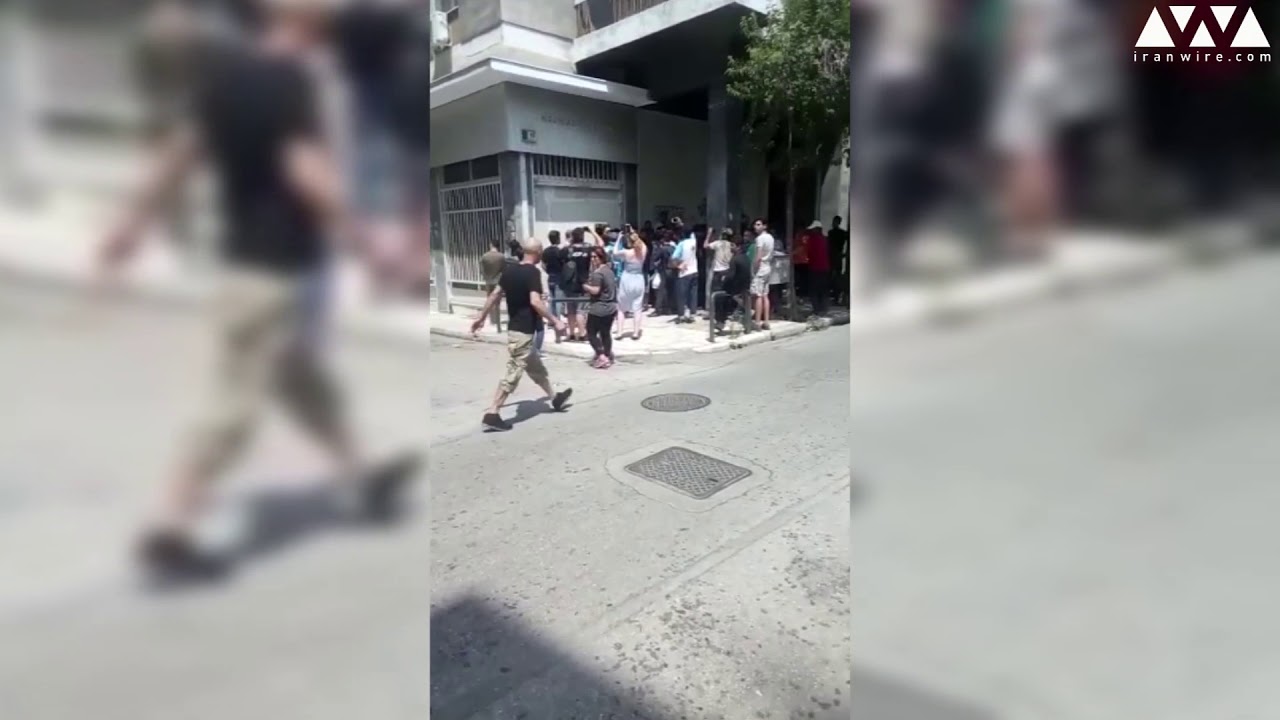
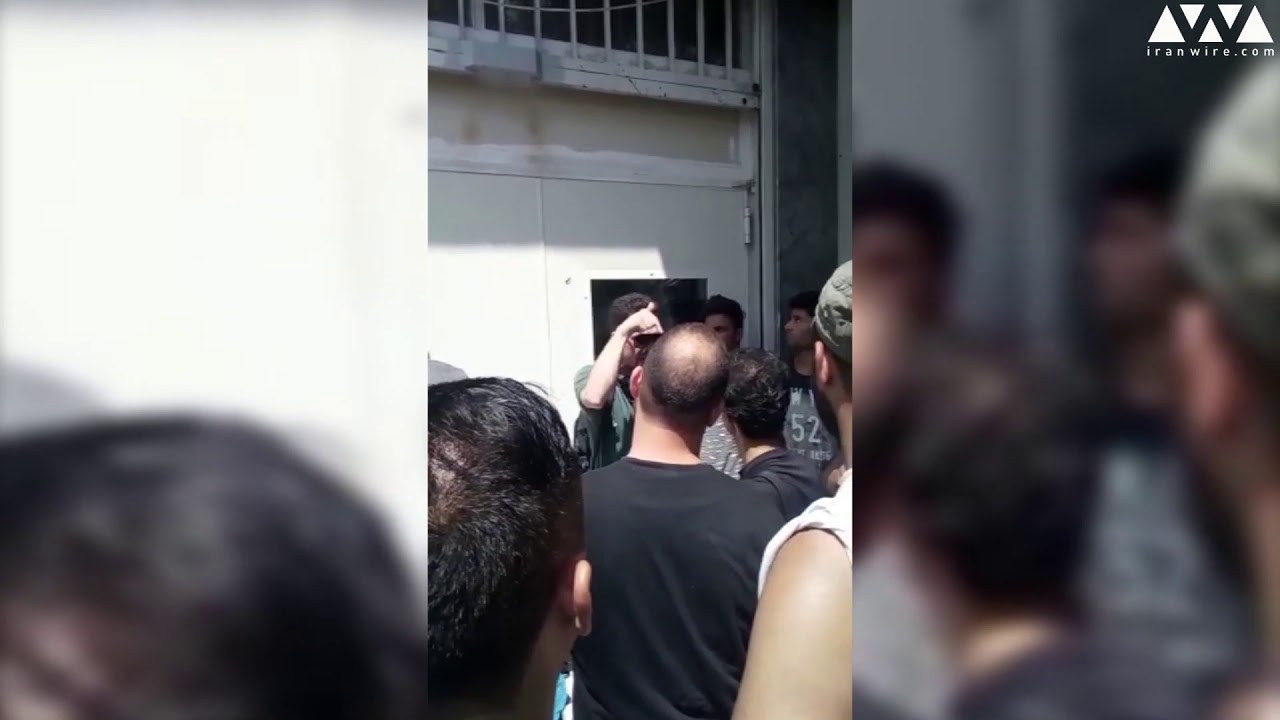
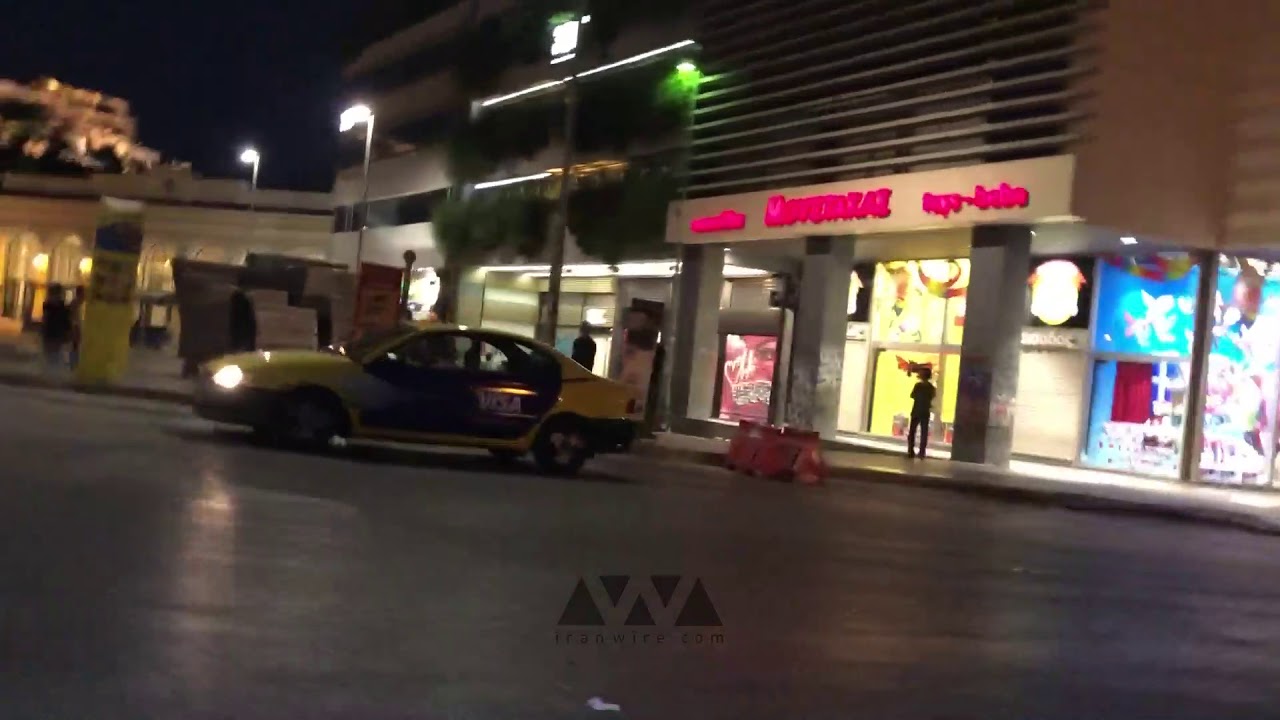
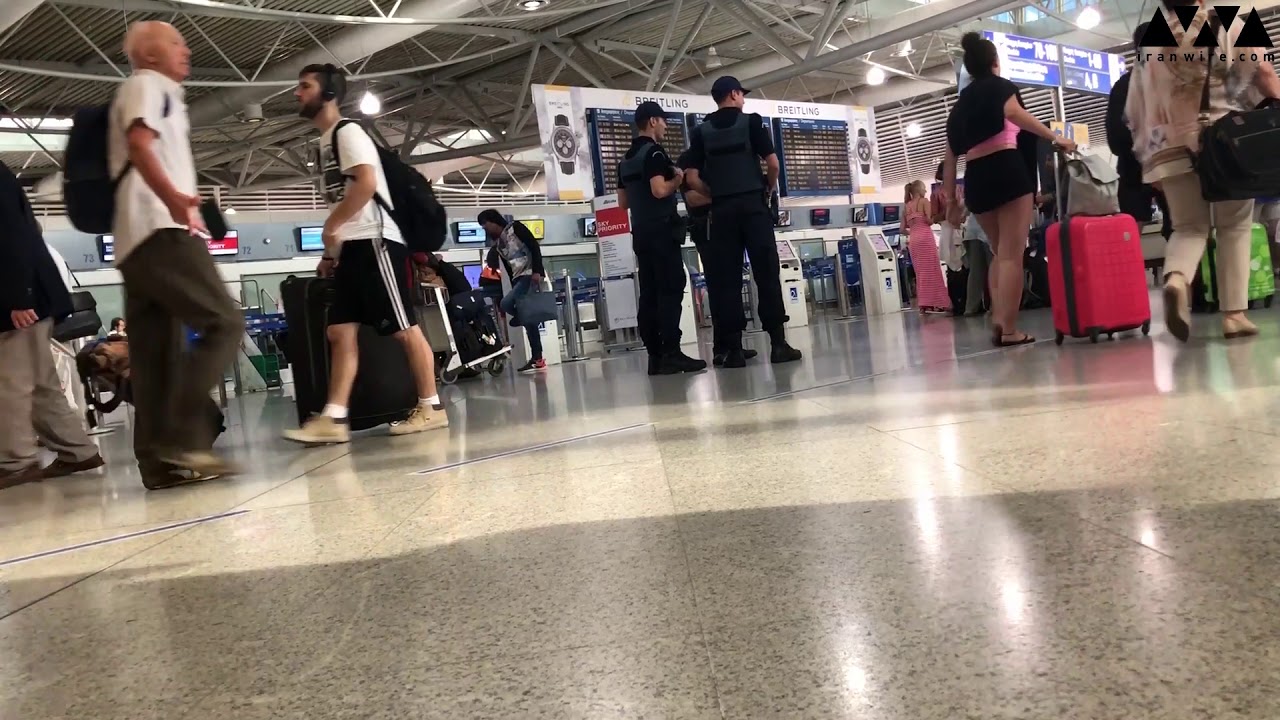




















comments